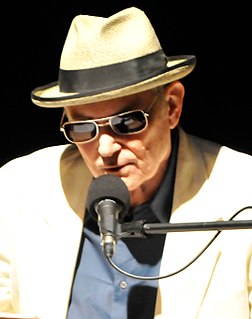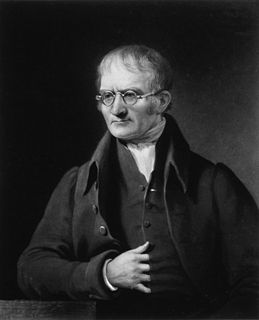A Quote by Erik Larson
I write to be read. I'm quite direct about that. I'm not writing to thrill colleagues or to impress the professors at the University of Iowa; that's not my goal.
Quote Topics
Related Quotes
When I went to the University of Iowa in order to be a writer, I thought, This is the worst way to learn how to write. To sit in a room with a bunch of would-be writers, who want to write the Great American Novel, every one of them, and you read their stories and they read yours, and you're not living a life. I don't like that. I like learning on the job. The character of my work has definitely evolved from the character of my life.
When you get the ideas, that's a thrill; when you're writing the book and it's corning out well, that's a thrill; when you finish it and other people read it, that's a thrill. There are going to be reviews, of course; not everyone's going to love it. You feel sort of naked and vulnerable in a way. That's just a minor part of the process, really. If you can't take that part, you shouldn't be in the business. But there are so many joys to writing.
All that a university or final highest school. can do for us is still but what the first school began doing--teach us to read. We learn to read in various languages, in various sciences; we learn the alphabet and letters of all manner of books. But the place where we are to get knowledge, even theoretic knowledge, is the books themselves. It depends on what we read, after all manner of professors have done their best for us. The true university of these days is a collection of books.
Years ago I read an interview with Paula Fox in which she said that in writing, truth is just as important as story. Reading that interview was the first time I really understood that there's no point in trying to impress people with my cleverness when I can just try to write honestly about what matters most to me.
I often tell people who want to write historical fiction: don't read all that much about the period you're writing about; read things from the period that you're writing about. There's a tendency to stoke up on a lot of biography and a lot of history, and not to actually get back to the original sources.
For me writing is a long, hard, painful process, but it is addictive, a pleasure that I seek out actively. My advice to young writers is this: Read a lot. Read to find out what past writers have done. Then write about what you know. Write about your school, your class, about your teachers, your family. That's what I did. Each writer must find his or her own kind of voice. Finally, you have to keep on writing.


































